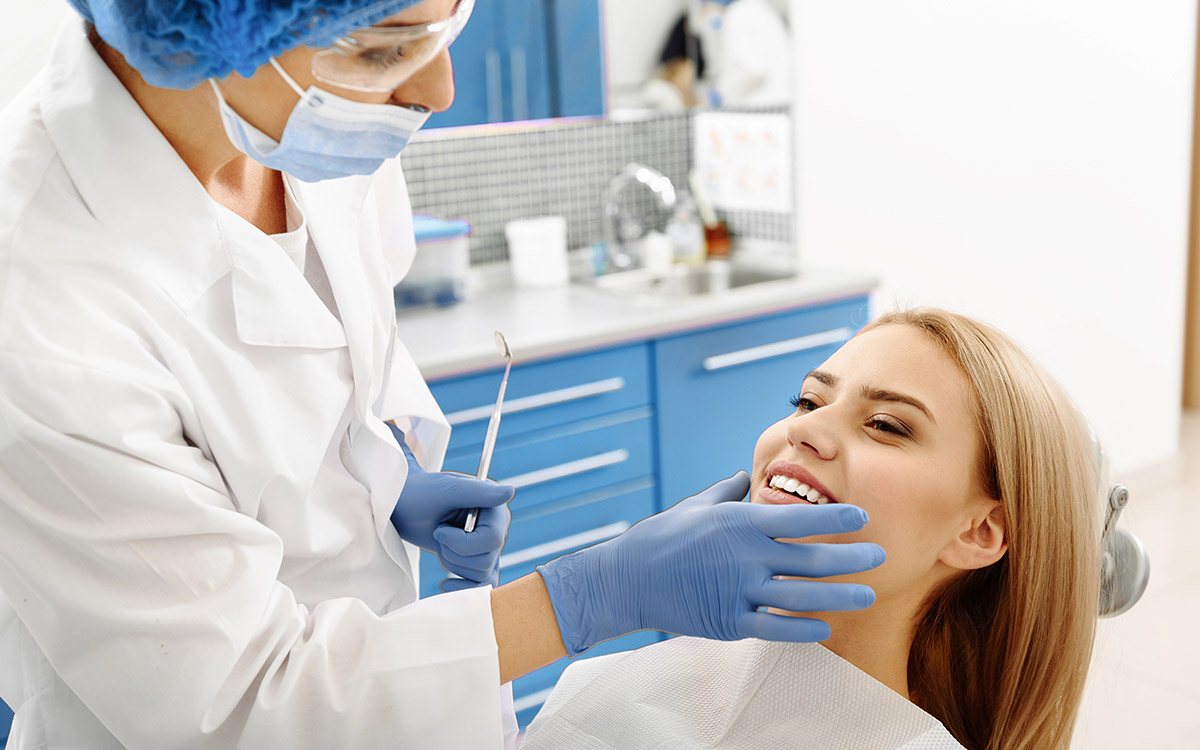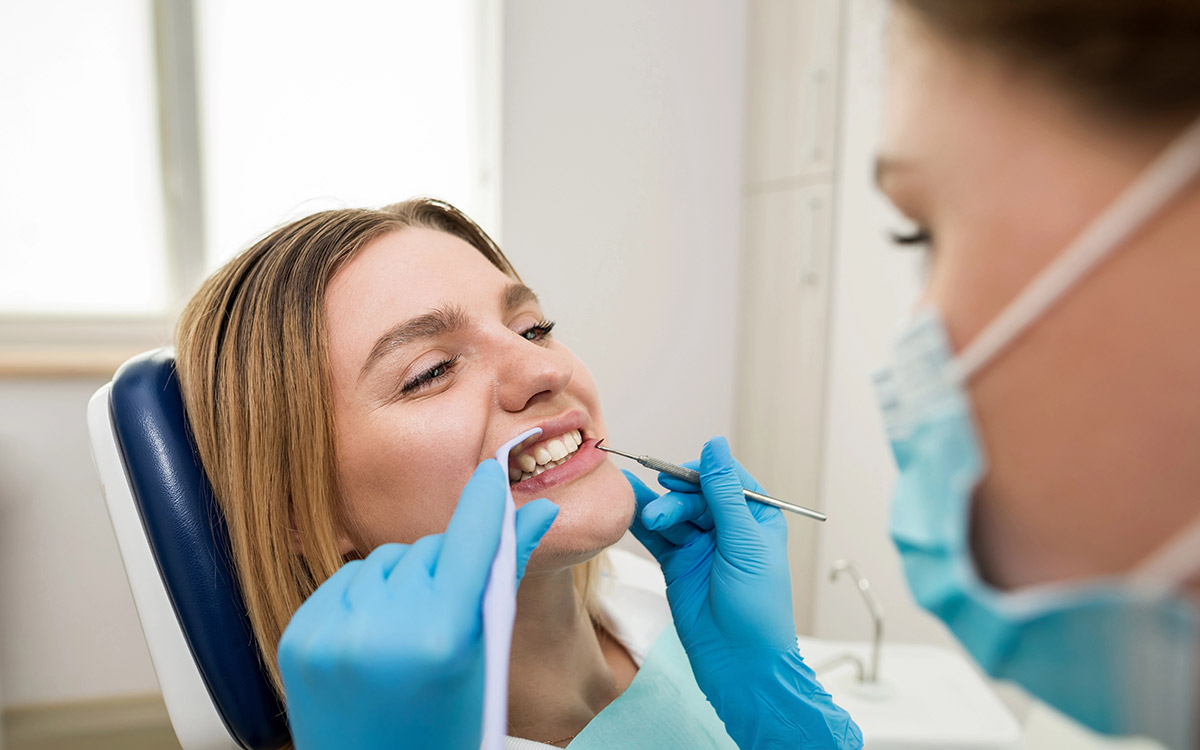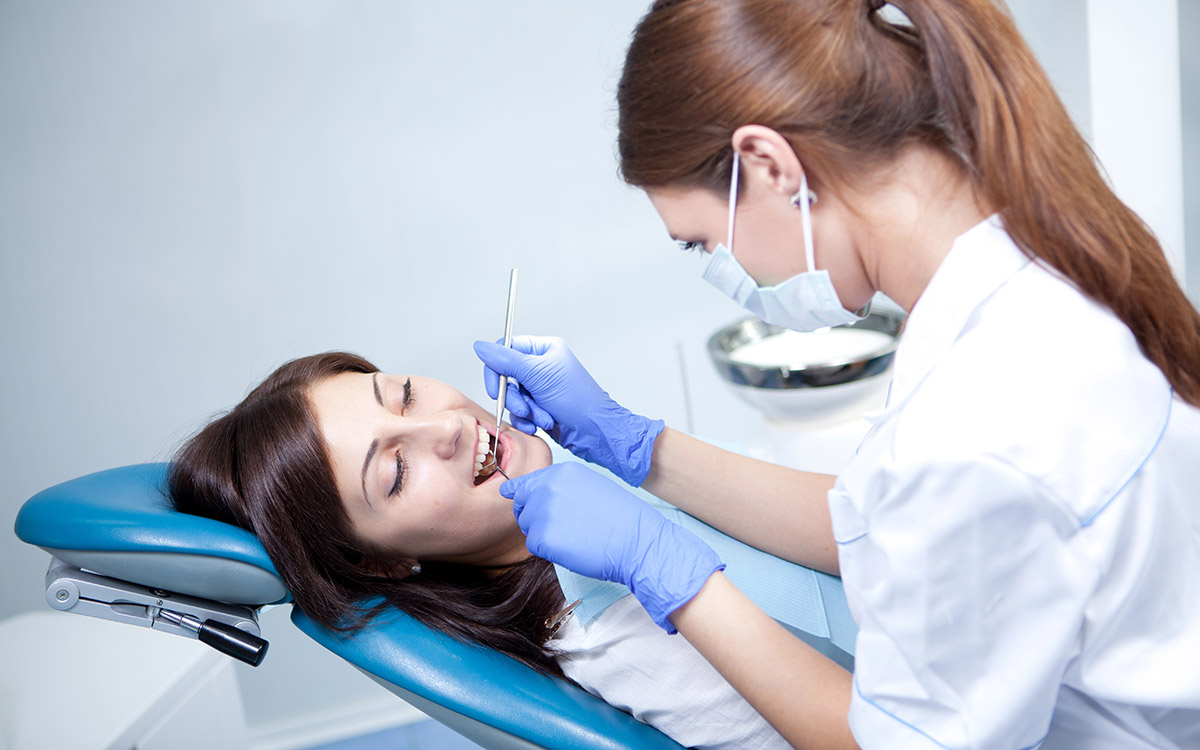Are you considering having your wisdom teeth removed but unsure if it’s the right time? That’s okay, because we can help you!
Wisdom teeth extraction is a common procedure for most people. However, some factors can determine if it’s time to get your wisdom teeth removed.
Wisdom teeth are the last three molars to the back of your mouth. Fortunately, not everyone requires the removal of their wisdom teeth.
Wisdom teeth removal is often recommended if the teeth impact your oral health and may lead to other complications. It’s important to consult your dentist before extracting them.
Why Should I Get My Wisdom Teeth Removed?
Your wisdom teeth might not have room to grow properly. This might lead to complications in the teeth’ growing cycle and the direction of growth. It will also disrupt the growth of other teeth on the jaw.
Teeth grow at different rates. But wisdom teeth are the last to camp in your mouth. However, these late-stage growths may cause severe pain as they find their way out of the gum.
Likewise, in serious situations, the eruption of your wisdom teeth might lead to overcrowding, teeth and jaw alignment complications, cavities, abscesses, sinus problems, and gum infections.
At What Age Should I Get My Wisdom Teeth Removed?
Well, teeth grow at different rates in every individual. For some people, the molars may start growing at the age of 18-20. Molars can erupt in some people as early as 14–16 and in others as late as 25–28.
This situation makes it difficult to estimate the appropriate age to get your molars out without consulting your dentist first.
However, most dentists recommend extraction of the teeth between the early to mid-teen years. This is because the wisdom teeth are still early in their development. It makes it easy to remove the teeth without too much risk of complications.
In addition, young people have a faster healing and recovery process than when they get older. However, it’s never too late to get those teeth out.
When Do You Need to Remove Your Wisdom Teeth?
Regular checkups with your dentist can help assess if you need to have your molars extracted. Your doctor will look at the direction of growth, if the gums impact the teeth or if they are fully mature.
Though routine checkups with the dentist are necessary, here are some more things to look out for:
1. Teeth or gum sensitivity
As wisdom teeth grow, they tend to be more painful as they erupt through the gum. Likewise, if your molars are growing in the wrong direction, they might put pressure on other teeth or gums. In worse situations, they might cause the cracking of teeth, which might also lead to sensitivity.
2. Bad breath and cavities
Overcrowded teeth make it difficult to brush and clean. Food particles become stuck in between. As food particles decompose due to bacterial interference, they can lead to cavities and bad breath.
3. Infections
Infections caused by wisdom teeth are common. As bacteria build up in your mouth, they may infect your teeth and jaw, causing inflammation and swelling.
The infections can spread from the jaw into your bloodstream in some situations, leading to further health complications.
4. Sinus problems
Your mouth and sinus are connected. Wisdom teeth growth can lead to sinus pressure. Such pressure may lead to sinus pain and congestion.
What to Expect When Removing Your Wisdom Teeth
When your dentist concludes that you need your wisdom teeth removed, you don’t have to wait too long. However, you should consider scheduling your removal appropriately to ensure better recovery.
The dentist will take an X-ray before considering molar extraction. Your dentist will look at the direction of growth, whether the gum is impacting the teeth or if they are fully mature.
Here are a few things to expect throughout the process:
Before surgery
The dentist will talk about the health problems related to your wisdom teeth. You might also receive a prescription of medication to take before surgery.
The dentist will also discuss the procedure and the type of anesthesia that he will use. Be sure to speak up about any allergic reactions you have had.
In addition, you will receive information about the recovery process. It includes things you should and shouldn’t do to enhance your healing after extraction.
You are welcome to ask about any concerns you might have about the procedure.
During surgery
The extraction procedure won’t take too long, and you’ll be on your feet heading home on the same day.
The dentist will administer anesthesia and then get to the extraction. In some cases, the oral surgeon may cut into your gum and jaw to get the teeth out.
After extraction, the surgeon will stitch up the wound to help your gum recover.
A little bleeding is normal for any tooth extraction procedure. You’ll receive a few gauze pads that will soak up the blood.
After surgery
You may experience numbness for a few minutes to about an hour after wisdom teeth extraction. You may also sustain some swelling and pain for a few days as you heal.
Complete recovery is a few weeks after the procedure.
Your doctor may give you a prescription of drugs to help with pain and swelling and prevent infections in the wound.
If you experience any inflammation or swelling, a cold compress or ice pack can help with that. Drinking plenty of water and eating soft foods and fruits will help your recovery.
During the first day of recovery, avoid brushing your teeth, as it may dislodge any blood clots that have formed around the wound.
If you experience any complications like continuous pain or swelling, or if you develop a fever, make sure to contact your doctor as soon as possible.
Thinking of removing your wisdom teeth? Make an appointment today. We offer the best dental care and oral restoration procedures to give you a gorgeous smile. Our team of experienced doctors will answer any question about your teeth extraction procedures and oral health.







